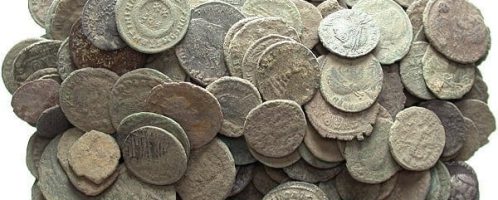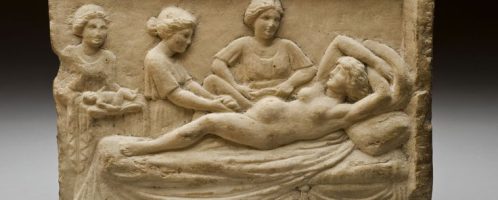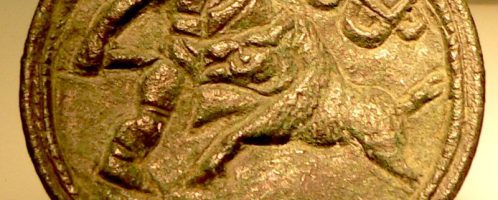If you have found a spelling error, please, notify us by selecting that text and pressing Ctrl+Enter.
Curiosities of ancient Rome (Unknown facts)
The world of ancient Romans abounded in a number of amazing curiosities and information. The source of knowledge about the life of the Romans are mainly works left to us by ancient writers or discoveries. The Romans left behind a lot of strange information and facts that are sometimes hard to believe.
How did ancient Romans understand time?
The ancient Romans also divided the day into 24 hours. However, with the difference that it was always 12 hours a day and 12 hours a night, regardless of the time of year and the actual length of the day.
Nepotism in ancient Rome
The political career in ancient Rome followed a strictly defined pattern, the so-called Cursus honorum. The first stage was a 10-year military service in the Roman legions or alongside the general who was a relative or friend of the family.
Second bottom of calendar reform
The office of the high priest of Rome “Pontifex Maximus” offered great opportunities. One of the functions was taking care of the calendar, which involved, for example, setting the next month. This explains why in 46 BCE the calendar December was in September. Influencing the calendar was to even shorten or extend the duration of the term of office of other officials.
Roman Letters – database of information about life of legionaries in Britain
Interesting items related to the private life of legionaries were found in one of the military camps in the north of Britain. Well, one of them was the shopping list, which included coat, probably needed to survive in the cold northern conditions by the “southerner”.
Who was “barbarian” for Roman?
The word “barbarian” comes from the Latin word barbarus, which means “foreigner.” The ancient Roman felt that anyone who was not Roman was a barbarian.
Exploitation of Roman provinces
The governors of the Roman provinces had such power that they could use the subordinated territory in an absolute way. This situation took place practically throughout the entire period of the existence of the Roman state, but we have extensive knowledge especially about the first century BCE. Rarely then, there was a fair and reasonable administrator, the example of Cicero.
Roman women often died during childbirth
Childbirth in ancient times was a huge threat not only to the child, but also to the woman giving birth. Lack of proper sanitary conditions, infections or simply the lack of proper knowledge meant that childbirth was one of the most dangerous moments in a woman’s life.
Venatio – fight with wild animals
Venatio (plural venationes), literally “hunting”, it was a form of entertainment organized in Roman amphitheaters consisting of hunting and killing wild animals. Wild predators were brought to Rome from the depths of the Roman Empire and brought to the arena to the delight of spectators.










